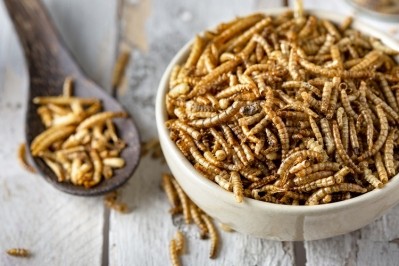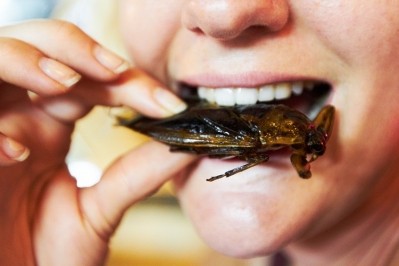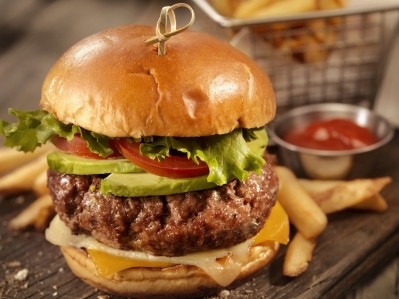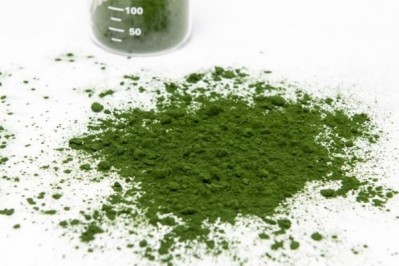Hybrid alt cheese made with dairy, faba and mealworms ‘similar or superior’ to the real thing
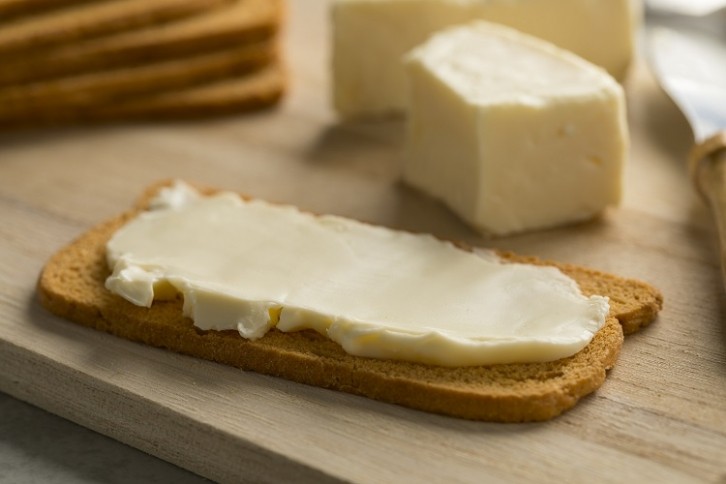
Growing concerns around population and planetary health in western countries is encouraging a reduction in animal protein consumption. But shoppers are not ready to ‘drastically’ change their diets or completely swap out animal protein for plant- or alternative protein-based foods, according to researchers.
Hybrid products, they say, which replace some animal protein with alternatives, may have the potential to meet this ‘dual demand’: to reduce the environmental footprint of food manufacture and offer affordable, familiar, healthy and tasty products.
Dairy could well be one category ripe for hybrid disruption. Current plant-based dairy alternatives are often criticised for their nutritional and sensorial credentials, consisting of a mixture of water, oils rich in saturated fats, starch and stabilisers and being low in protein.
Could a hybrid cheese analogue – which partially swaps out dairy protein with an alternative of similar nutritional quality and functionality – win consumers over?
Dairy x mealworm x faba
Protein sourced from pulses and insects could prove an attractive option for industry, given their high nutritional quality, techno-functional protein and reduced environmental impact.
Faba bean, for example, is a rich source of protein (25-40%), carbohydrate (47-68%) and fibre (11-30%). Insect proteins contain a high protein content (40-70% on a dry basis), as well as mineral and vitamin contents and advantageous polyunsaturated to saturated fatty acid ratios.
Mealworm (Tenebrio molitor) larvae are of particular interest in the Western diet after the European Food Safety Authority declared them safe for human consumption.
These two proteins are the ingredients of choice for researchers at Spanish technological research centre for marine and food innovation AZTI, who sought to develop a hybrid spreadable cheese with a similar nutritional value, texture and flavour to conventional dairy spreadable cheese.
They also aimed to compare the textural, sensory and nutritional properties of the hybrid with conventional dairy, and 100% plant-based alternatives.
Ingredients used included vegetable margarine, milk protein concentrate, stabilisers, mealworm flour, faba bean protein concentrate, citric acid and sodium citrate.
A ‘similar or superior’ result
Analysing the physicochemical characterisation of protein ingredients, the texture characterisation of the spreadable cheese analogues, as well as their sensory analysis and nutritional profile, suggested positive findings: namely that including alternative protein sources can be an effective strategy in reducing animal protein content in hybrid product formulations.
The dairy, insect and faba hybrid spreadable cheese product presented with nutritional and sensory properties that were ‘similar or even superior’ to those of the 100% dairy and 100% plant-based products, noted the research team, led by senior researcher Dr Clara Talens.
“Future work should include microstructure analysis of spreadable cheese analogues (SCAs) to improve our knowledge of the alternative protein functionality and the effects of such ingredients on the casein matrix and the SCA texture.
“Furthermore, physicochemical characterisation of the combinations of protein components to be used in the SCA formulations would help in understanding the interactions between the ingredients.”
Source: Foods
‘Hybrid Spreadable Cheese Analogues and Faba Bean and Mealworm (Tenebrio molitor) Flours: Optimisation Using Desirability-Based Mixture Design’
Published 4 April 2023
DOI: https://doi.org/10.3390/foods12071522
Authors: Laura Garcia-Fontanals, Raquel Llorente, Clara Talens et al.
